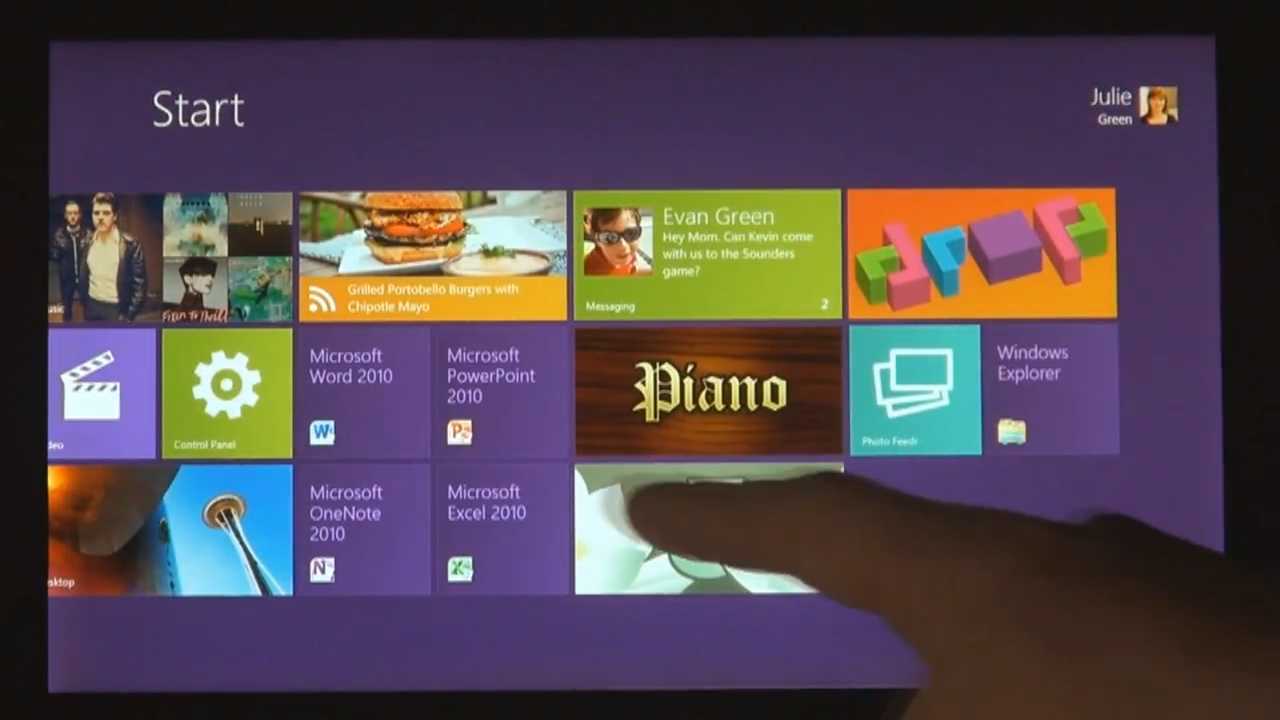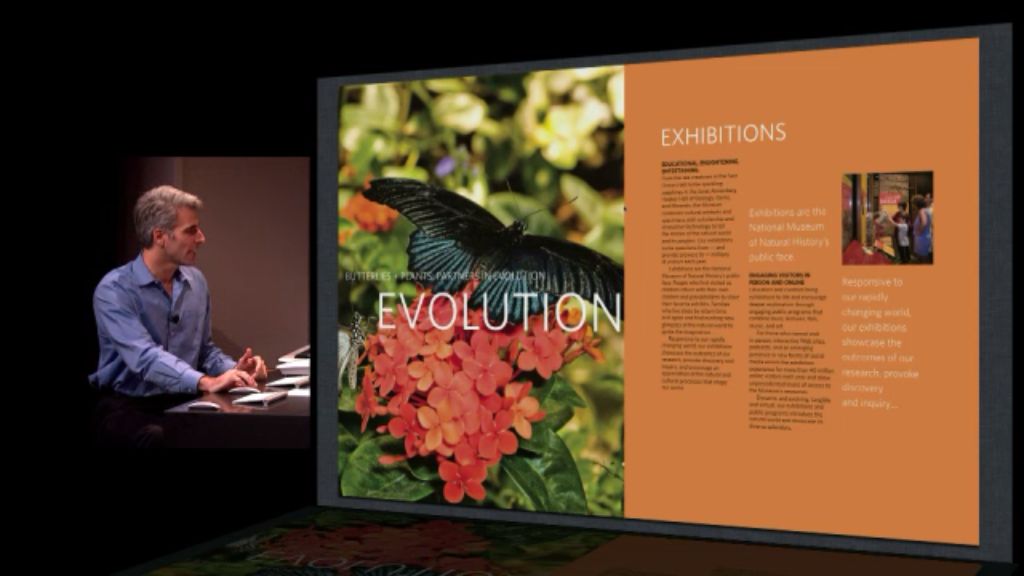The next OS battle: Windows vs iOS vs Android
Microsoft, Apple and Google choose their weapons
Sign up for breaking news, reviews, opinion, top tech deals, and more.
You are now subscribed
Your newsletter sign-up was successful
Bad news for Microsoft, whose income is still dominated by Windows and Office licenses: the price of software is heading downwards, fast. OS X Lion will be less than £30, and Google isn't charging its partners to use Chrome OS.

FAMILIAR: Microsoft's UI is being standardised across devices: Windows 8 (pictured), Windows Phone and Xbox 360
Apps are plummeting in price too, with Office rivals such as Apple's iWork apps going for £12.99 apiece and cloud-based Office rivals such as Google Docs available for free. And of course, updates to mobile OSes don't cost anything.
Firms will make money in other ways: by selling hardware or extra capacity in Apple's case, by selling ads or customisation in Google's, and by selling services in Microsoft's.
Expect all three firms to make healthy sums from their share of music downloads, ebook purchases and application sales too. Operating systems are likely to embrace the King Gillette model: give away the razor but charge for the blades.
Expect to see some collateral damage. Developers whose apps address shortcomings in firms' operating systems can expect to see those features appear in the next OS update, and hardware firms making stand-alone devices that are really about the software - sat-nav systems, or stand-alone in-car systems - should probably think about getting into apps. The biggest losers, however, are likely to be computer manufacturers.
There are several dangers here. One danger is backing the wrong horse, such as making Windows tablets only to discover the market prefers Android, or making Chromebooks when the market decides it'd rather stick with real laptops.
Sign up for breaking news, reviews, opinion, top tech deals, and more.
Another danger is that your chosen platform provider decides to bring everything in-house: Microsoft making its own Windows Phones, perhaps, or its own Windows 8 tablets. The only way firms can protect themselves from such problems is by diversifying: a bit of Google here, a bit of Microsoft there, a bit of something else over there.

OS X LION: Full screen apps, auto-saving, iPad-style icon launcher... the lines between desktop and mobile OSes are getting awfully blurry
The biggest risk may be from the world of patents. Florian Mueller correctly predicted that the Microsoft/Nokia deal would lead to a fairly friendly settlement of the Nokia/Apple patent battle, and he suggests that patents could make the Android market an increasingly vicious place.
The problem, Mueller says, is that Android is a "suit magnet". Google has a relatively low number of Android-related patents, and Mueller suggests that that could mean Android manufacturers suing one another. "Patent issues may turn Android-based devices into an unprofitable business at some point, regardless of consumer demand, and at that point it will be hard for anyone other than Google to make any money with Android," he says, noting that Sony is already locked in an Android patent battle with LG.
"I don't want to name names but I could see some Android device makers trying the same kind of cannibalization," Mueller says.
Bickering Android rivals aren't the only concern. Apple has just been granted a patent that effectively means it owns the multitouch gestures it pioneered, which means it could demand licensing fees from its rivals.
Post-PC isn't No-PC
George Shiffler is senior research director with Gartner. "We remained convinced as ever that there will always be a PC," he told us. "It may not be the star it was a decade ago, but it will be there and play an important role in people's lives and device portfolios."
PC operating systems will be come more mobile-y - OS X Lion and Windows 8 both take significant cues from their mobile siblings - but the PC isn't going away.
"The PC is an exceptionally adaptable platform and has shown itself capable of evolving in response to changing users' wants and needs," Shiffler says. "While newer devices have chipped away at its more marginal uses, it continues to offer users a core functionality that will not easily replicated by other devices.
"Indeed so far as I can see, neither Google, Apple, nor Microsoft is talking about replacing the PC experience but only delivering it differently. Naturally, that has implications for what PCs look like and how they function. But PCs have faced similar challenges before and emerged the better for it."

Contributor
Writer, broadcaster, musician and kitchen gadget obsessive Carrie Marshall has been writing about tech since 1998, contributing sage advice and odd opinions to all kinds of magazines and websites as well as writing more than twenty books. Her latest, a love letter to music titled Small Town Joy, is on sale now. She is the singer in spectacularly obscure Glaswegian rock band Unquiet Mind.